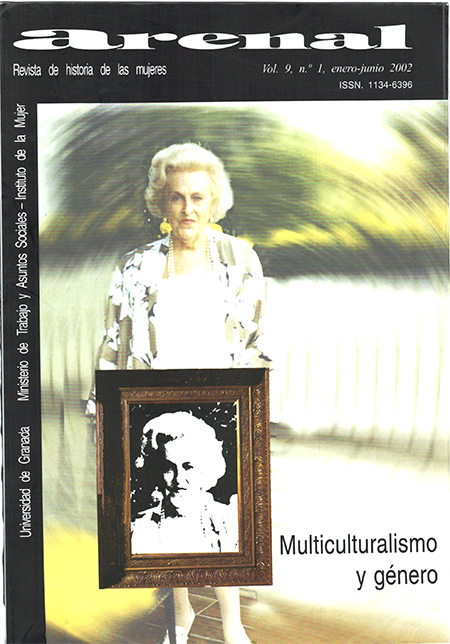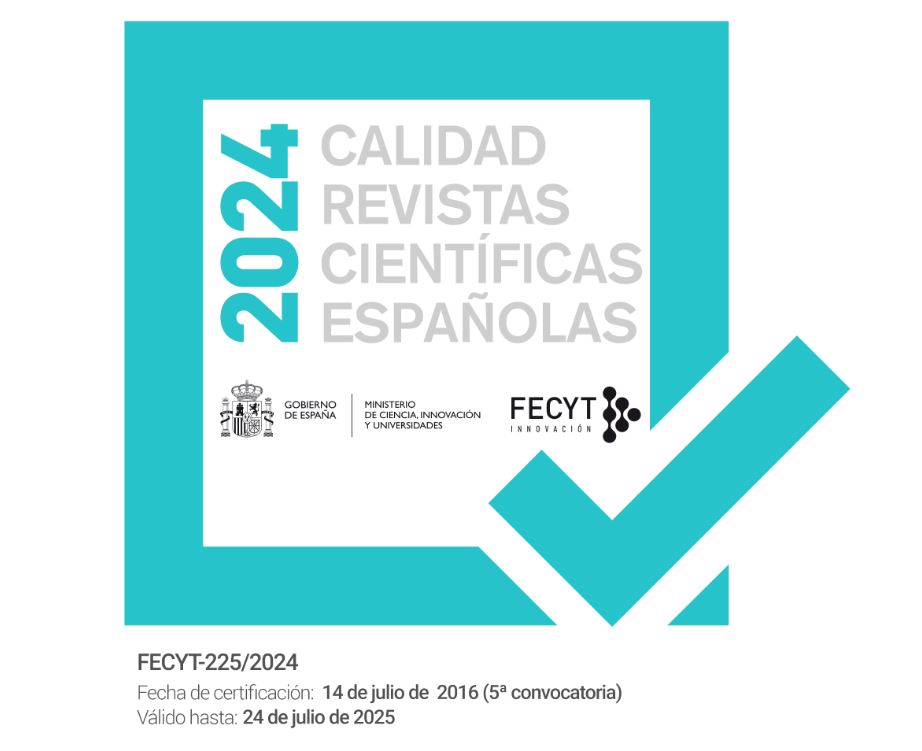The new sexual woman and the domesticated macho. The liberal movement of sexual reform (1920-1936)
DOI:
https://doi.org/10.30827/arenal.v9i1.16541Keywords:
Sexuality, Gender, Discourse, Science, Religion, Liberalism, History of the 20th CenturyAbstract
During the 1920s and 1930s, an influential group of Spanish progressive liberals promoted a movement of sexual reform. Sexual reformers attempted to secularize gender ideals and to change the sexual habits of men and women. These modern moralists opposed the traditional and religious understanding of sexuality, and tried to replace the old discourses with secular and allegedly scientific concepts. The new doctrine, although reformist, never challenged male privileges. Despite its limitations, the new discourse on sexuality deeply transformed traditional concepts of female chastity and paternal responsibility. This article also evaluates the contradictory repercussions of this ideological evolution, for both men and women.Downloads
Downloads
Published
How to Cite
Issue
Section
License
Los/as autores/as que publican en esta revista están de acuerdo con los siguientes términos:
Los autores/as conservarán sus derechos de autor y garantizarán a la revista el derecho de primera publicación de su obra, el cuál estará simultáneamente sujeto a la Licencia de reconocimiento de Creative Commons 4.0 BY-NC-ND que permite a terceros compartir la obra siempre que se indique su autor y su primera publicación esta revista.
Los autores/as podrán adoptar otros acuerdos de licencia no exclusiva de distribución de la versión de la obra publicada (p. ej.: depositarla en un archivo telemático institucional o publicarla en un volumen monográfico) siempre que se indique la publicación inicial en esta revista.
Se permite y recomienda a los autores/as difundir su obra a través de Internet (p. ej.: en archivos telemáticos institucionales o en su página web) antes y durante el proceso de envío, lo cual puede producir intercambios interesantes y aumentar las citas de la obra publicada. (Véase El efecto del acceso abierto).


















